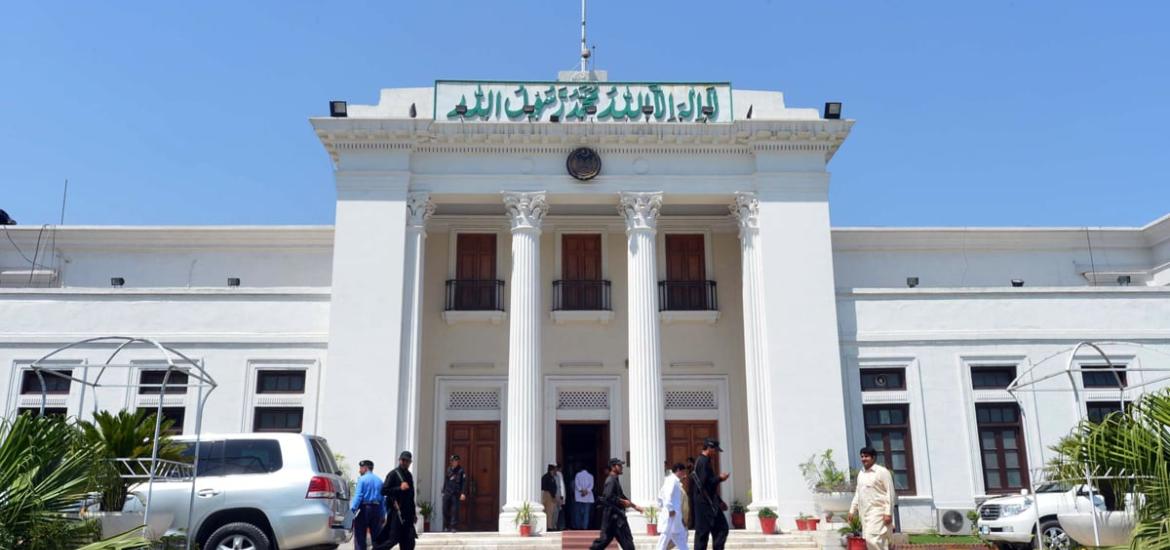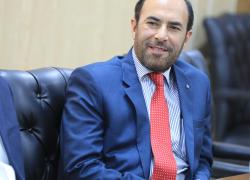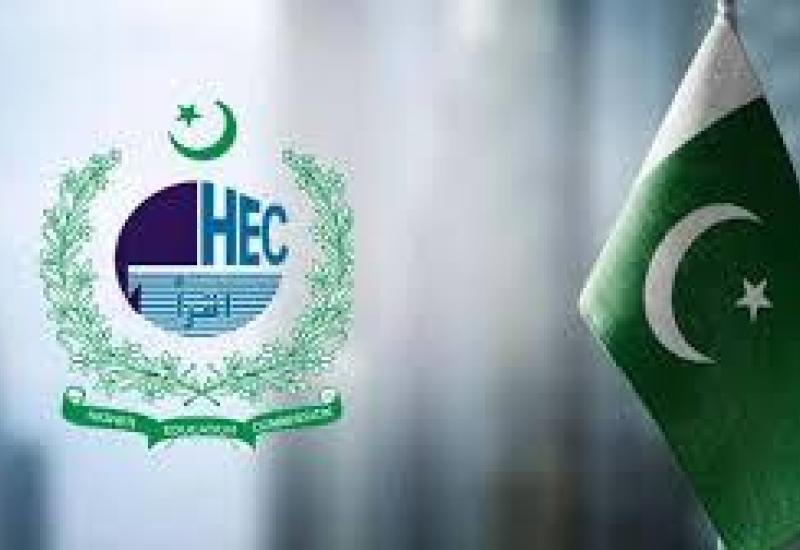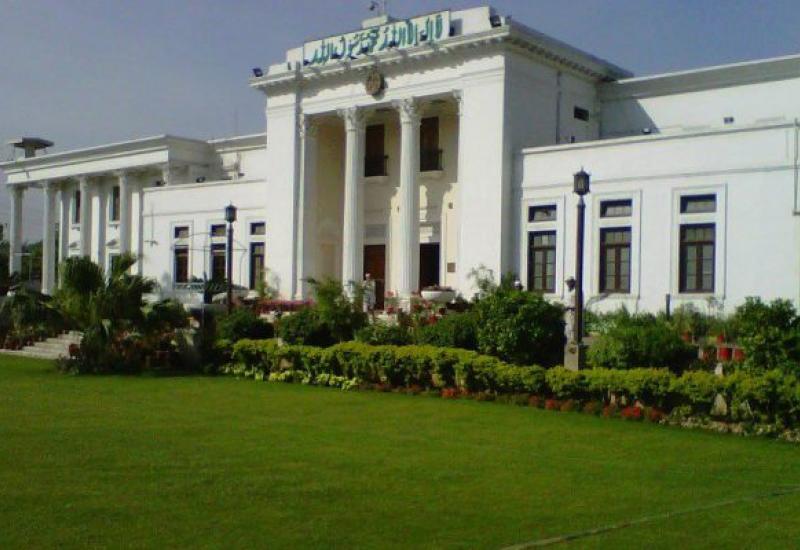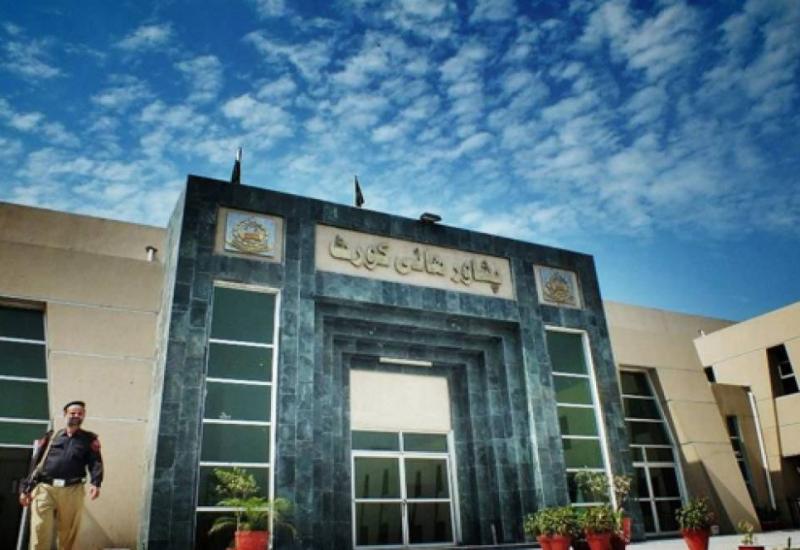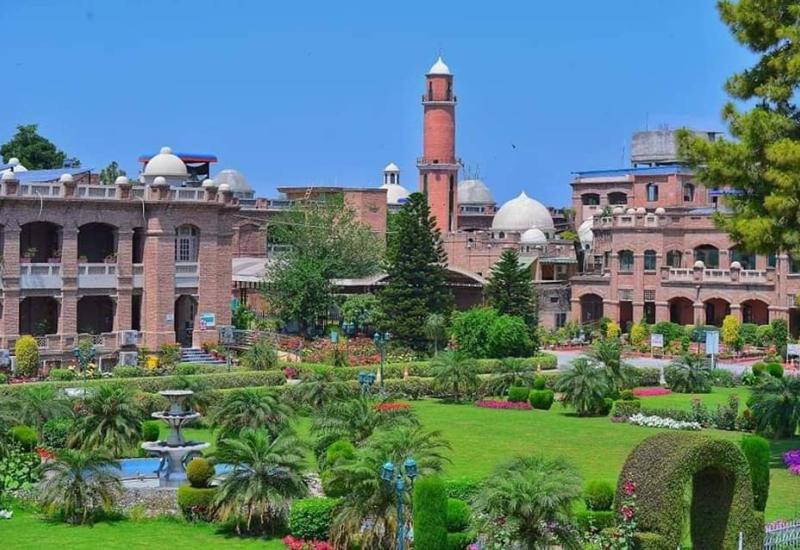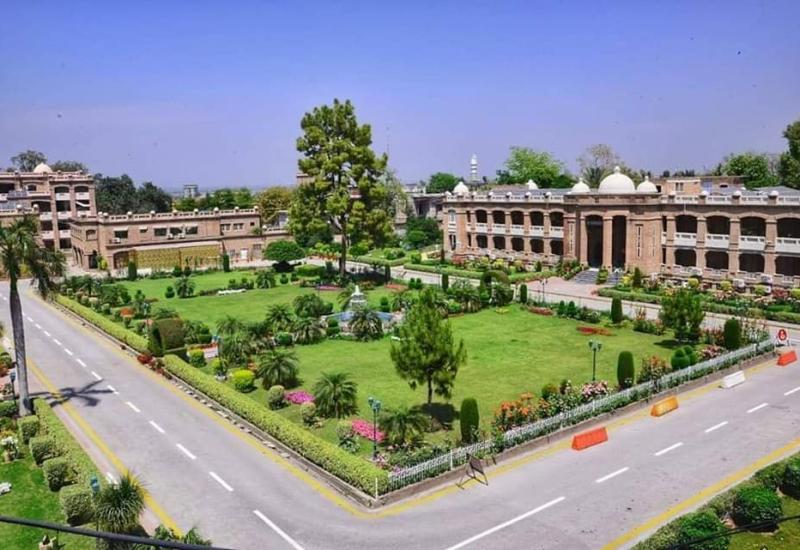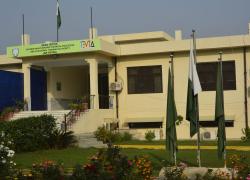Balancing Priorities: KPK's Divergent Approaches to Ministerial Perks and Universities’ Funding
The Government of Khyber Pakhtunkhwa’s recent increase in ministerial perks contrasts sharply with its push for public universities to achieve financial self-sufficiency through stringent measures. This disparity in funding priorities raises concerns about the government’s commitment to higher education. While universities are urged to be self-reliant, officials benefit from enhanced privileges, reflecting an imbalanced approach. Aligning policies to support educational institutions equitably could strengthen KP’s socio-economic future.
Introduction
The Government of Khyber Pakhtunkhwa’s recent decision to increase perks for provincial ministers while simultaneously pushing public universities toward financial self-sufficiency reveals a striking disparity in policy priorities. While ministers receive substantial allowances for housing and personal comforts, public universities received a stringent list of drastic measures aimed at generating their own revenue. This contrast raises questions about the government’s commitment to higher education, as universities may struggle to maintain accessibility and quality without sufficient support from the public exchequer. A balanced approach that invests equitably in both governance and education would better serve the public interest and foster long-term social and economic development in the region.
Recently, the Government of Khyber Pakhtunkhwa (KPK) has set forth two contrasting policy moves that have raised many questions about its priorities in public sector governance and higher education. On the one hand, the KPK Assembly recently passed a bill significantly increasing the perks and privileges of provincial ministers, granting them generous allowances for housing, renovations, and rent. Conversely, the same government has introduced a stringent set of drastic financial measures aimed at public universities, ostensibly to improve their financial self-sufficiency.
This juxtaposition of government expenditure priorities reveals a troubling disparity in how resources are allocated between public sector perks and higher education needs. While universities face financial pressures to become self-reliant, elected officials are provided with substantial allowances and privileges, raising questions about the government’s commitment to advancing higher education and the public good.
A look at ministerial privileges: Prioritizing comfort over constraints?
The new bill passed by the KPK Assembly has provided for the comfort and convenience of provincial ministers. The perks include a one-time grant of Rs 1.0 million for house renovations, along with provisions for items like carpets, curtains, air conditioners, and refrigerators. Furthermore, ministers who choose to reside in private accommodations rather than government-provided housing will receive a monthly rent allowance of Rs. 200,000.
For many citizens, members of civil society and public at large, this move seems incognizant of the current economic situation where public funds are desperately needed in sectors that directly impact the wider population. While proponents may argue that such perks are necessary for the elected representatives, such as lavish increase in allowances for them could send the wrong message, as it appears to prioritize individual comfort over addressing the critical needs of public institutions, especially at a time when public sector universities in the province are struggling to make ends meet.
Fiscal reforms in public universities in Pakistan: A necessary but harsh reality
In contrast, Government of Khyber Pakhtunkhwa recent direction to public universities outlines an exhaustive list of rigorous measures aimed at achieving self-sufficiency and financial independence. These measures suggest a shift away from the government’s direct financial support to the universities, pushing them instead to generate their own revenue. This could include initiatives like expanding revenue-generating programs, encouraging industry partnerships, and increasing tuition fees for certain programs.
While financial self-sufficiency is a laudable goal, achieving it in the current environment of limited resources and increasing operational costs could be challenging for many universities. Historically, public universities in the country have traditionally relied on government support to maintain quality standards, attract faculty talent and provide students with affordable education. Placing the financial burden on these institutions without sufficient financial support could undermine their ability to fulfill their educational mandate and hinder long-term development.
A disparity in policy priorities
The contrast between the financial support extended to public universities and the privileges granted to provincial ministers highlights a significant policy contradiction. The allocation of public funds toward non-essential perks for ministers stands in stark contrast to the push for public universities to become financially independent. This disparity can have far-reaching implications, not only for the universities but also for the society that depends on them to produce skilled graduates, innovative research, and community services.
This shift in policy priorities raises several important issues:
Does the government truly value higher education as a public good? Public universities are critical to social mobility and economic progress. While the government has a legitimate interest in encouraging efficiency within these institutions, the absence of proportionate investment in their financial health may signal a lack of commitment to educational advancement.
Could the increased financial burden on universities harm accessibility to quality education? If universities are forced to generate revenue primarily through tuition increases or cost-cutting, this could restrict access for lower-income students while troubling the already burdened parents in the background of economic constraints and impact educational quality.
What message does this send to the public? When public at large observe an imbalance in funding priorities, they may question the government’s alignment with their needs, especially in light of economic challenges that many families are already facing.
A call for equitable policy alignment
For the government’s goals of efficiency and self-sufficiency to be meaningfully translated into action, they should be accompanied by policies that demonstrate a commitment to the equitable development of public institutions. A comprehensive plan to support higher education while implementing financial reforms would be more balanced, ensuring that universities are given the resources and time they need to adapt. Such an approach would acknowledge the role of higher education in driving long-term societal progress and address the pressing issues facing KP’s educational landscape.
Here I want to add that the establishment of a provincial Higher Education Commission (HEC) in Khyber Pakhtunkhwa is crucial for addressing the unique challenges faced by public universities and promoting higher education in the region. A dedicated provincial HEC could play a pivotal role in developing policies tailored to the specific needs of KP’s academic institutions, ensuring more strategic resource allocation and fostering innovation in teaching and research. By actively supporting universities in achieving financial sustainability while maintaining quality and accessibility, a provincial HEC would serve as a vital advocate for higher education, driving the region’s academic and socio-economic development bridging the gap between the government and public sector universities.
Conclusion
In conclusion, the Government of Khyber Pakhtunkhwa should revisit and realign its priorities to reflect a balanced approach to both public sector governance and higher education. Empowering universities with both autonomy and adequate financial support could transform them into engines of social progress and innovation. This approach not only benefits students and faculty but also strengthens the region’s socio-economic future.
It is worthwhile to remember that public trust in governance is built on policies that prioritize the welfare of the collective over the comfort of provincial ministers and only by realigning these priorities can KP truly advance toward a more prosperous and equitable future.

